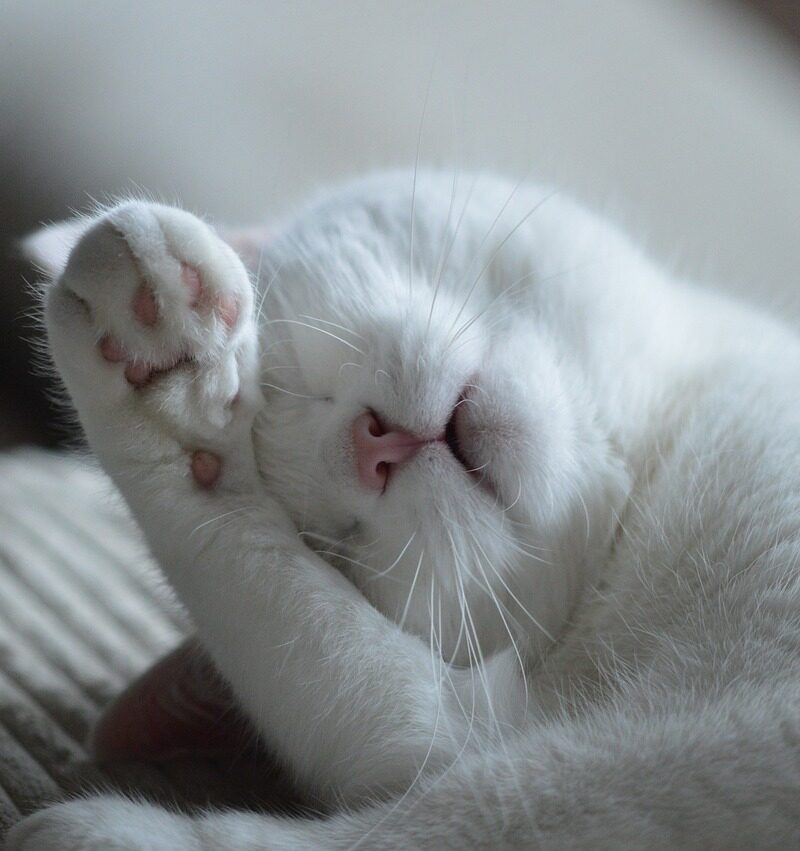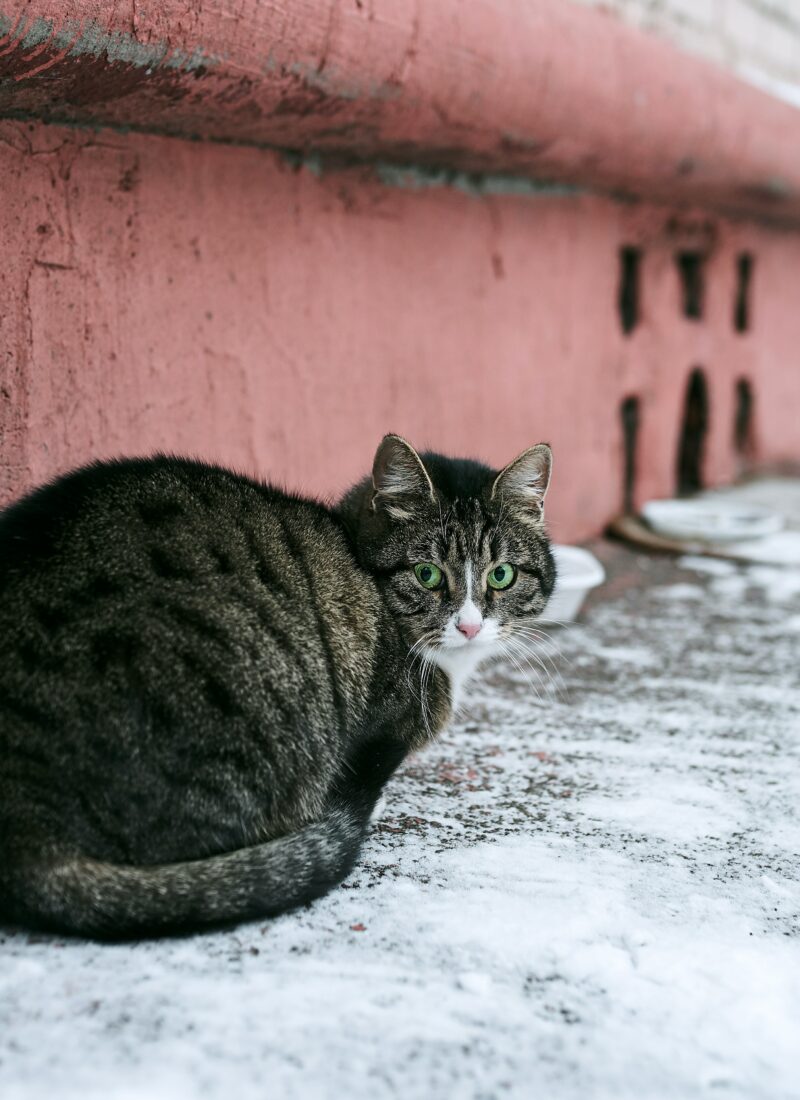Understanding Feline Social Needs and How to Help
Cats are often seen as independent and solitary creatures, but do they truly experience loneliness? While it’s true that cats have a reputation for being more self-reliant than some other pets, they are also social animals with complex emotional needs. In this blog post, we’ll explore the question, “Do cats get lonely?” and delve into ways to address and alleviate loneliness in our feline companions.
Understanding Feline Social Nature
Cats are descendants of solitary hunters, but they have also evolved to be social creatures. In the wild, they may form loose colonies or share territories with other cats. Domestic cats exhibit a range of social behaviors, from forming strong bonds with their human caregivers to coexisting with other pets. Here are some signs that indicate cats can indeed experience loneliness:
- Changes in Behavior: A once-friendly and interactive cat may become withdrawn, lethargic, or exhibit changes in eating and grooming habits when feeling lonely.
- Vocalization: Cats might meow excessively when they’re lonely, trying to communicate their distress or seeking attention.
- Seeking Attention: Lonely cats may become more clingy, seeking constant interaction, and becoming overly dependent on their owners for companionship.
- Destructive Behavior: Boredom and loneliness can lead to destructive behaviors such as scratching furniture, excessive grooming, or even aggressive tendencies.
- Changes in Litter Box Habits: Cats might stop using the litter box properly if they’re experiencing emotional stress, which can be a sign of loneliness.
Factors Contributing to Loneliness
Several factors can contribute to a cat’s feelings of loneliness:
- Absence of Company: Cats that are left alone for long periods of time due to their owner’s work schedule or other commitments can experience isolation.
- Loss of Companion: If a cat’s feline friend or a human family member they were attached to passes away or leaves the household, it can lead to feelings of loneliness.
- Lack of Stimulation: Cats need mental and physical stimulation to thrive. A lack of engaging toys, climbing structures, and playtime can result in boredom and loneliness.
- New Environments: Moving to a new home or experiencing significant changes in their environment can cause stress and loneliness as cats adjust to the unfamiliar.
Addressing Loneliness in Cats
As responsible cat owners, there are several strategies we can employ to help our feline friends feel more content and less lonely:
- Companionship: Consider adopting a second cat to provide companionship. However, it’s essential to introduce them gradually and ensure they get along.
- Interactive Play: Engage in daily interactive play sessions using toys like feather wands or puzzle feeders to keep your cat mentally and physically stimulated.
- Enrichment: Provide a variety of toys, scratching posts, and climbing structures to keep your cat entertained and engaged when you’re not around.
- Create Safe Spaces: Designate quiet, cozy areas where your cat can retreat to when they need some alone time.
- Scent Association: Swap bedding or toys between cats to help them become familiar with each other’s scents, even before introducing them physically.
- Routine and Predictability: Establish a consistent daily routine that includes feeding, playtime, and bonding moments to provide a sense of security.
In conclusion, while cats may be independent creatures, they are not immune to feelings of loneliness. As responsible owners, it’s our duty to recognize the signs of loneliness and take steps to alleviate it. By providing companionship, stimulation, and a stimulating environment, we can ensure that our feline companions lead fulfilling and emotionally satisfying lives. Remember, a happy and content cat will not only enrich their own life but also bring joy to our homes.


